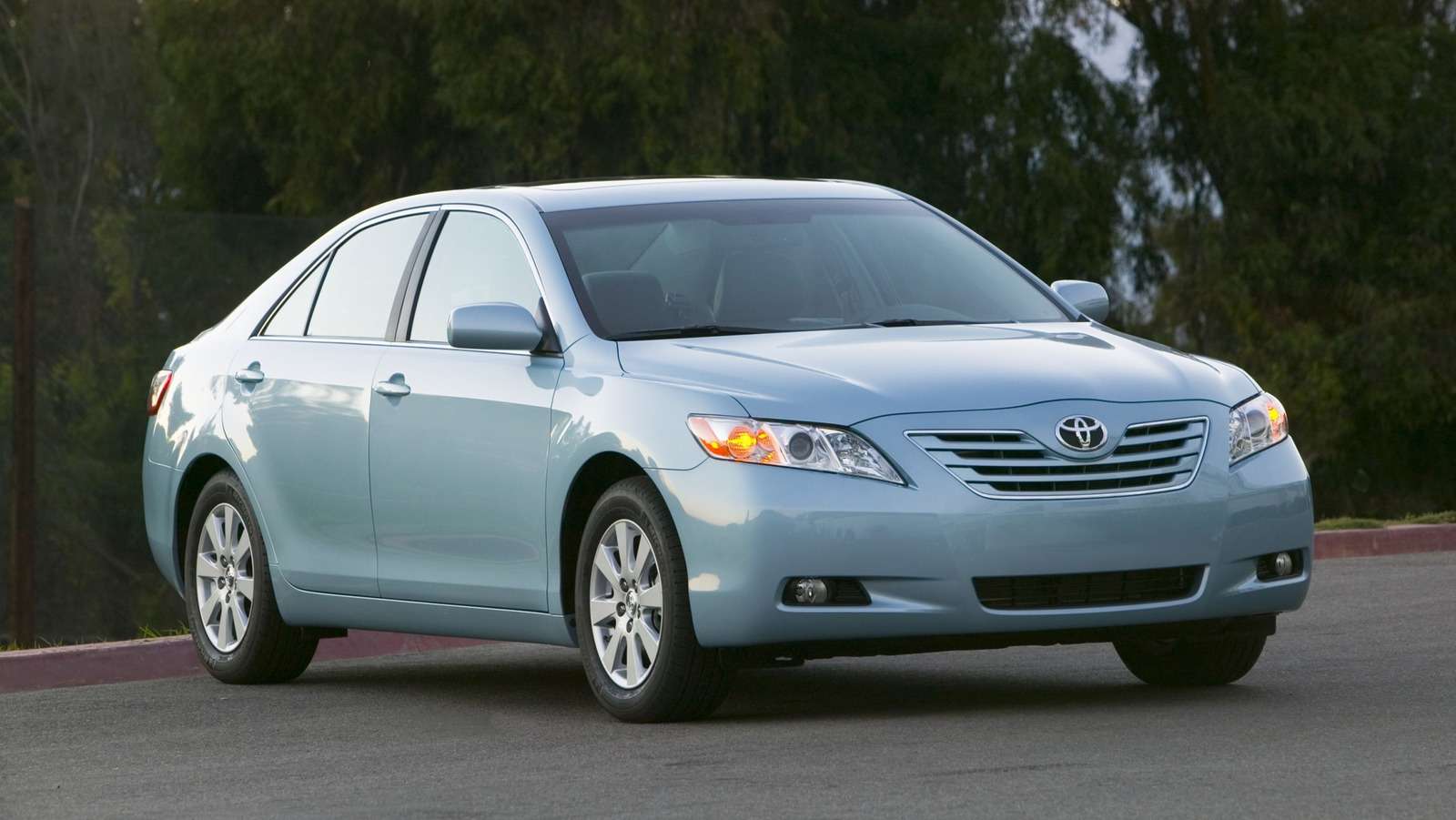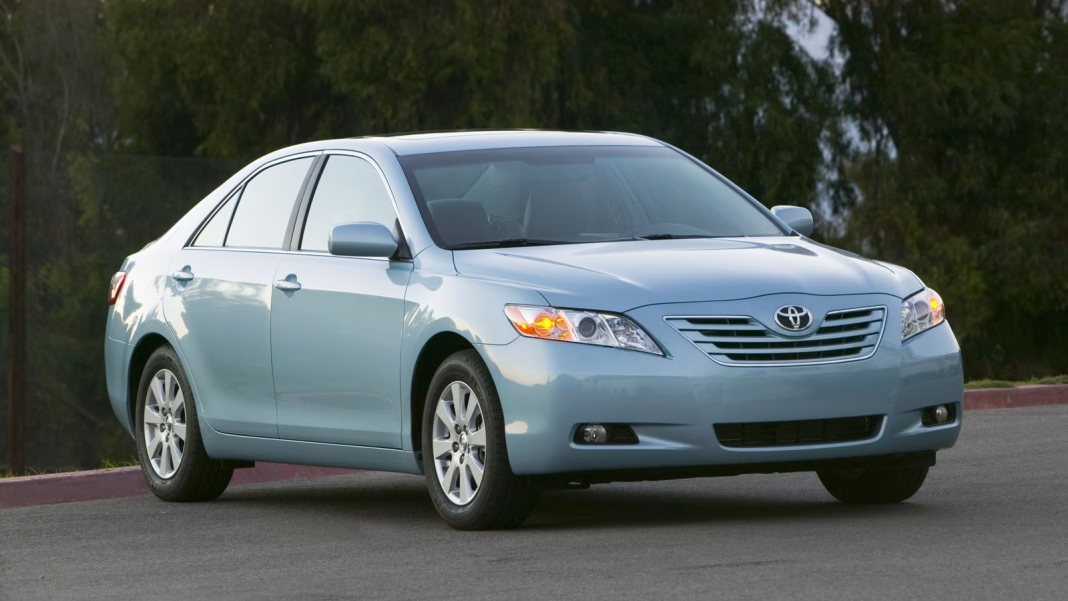Which Toyota Models Have Struggled Most With Reliability?
Toyota’s reputation for building bulletproof cars is legendary, but even the best brands have a few missteps. If you’re considering a used Toyota, you might be wondering: Are there any models I should steer clear of? The answer is yes, and it’s not just based on internet rumors—owner surveys, repair data, and expert reviews all point to a handful of Toyotas that haven’t lived up to the brand’s gold standard.
Why Do Some Toyotas Miss the Mark on Reliability?
It’s easy to assume every Toyota is a safe bet, but the truth is more nuanced. Sometimes, a new engine design or a rushed update introduces unexpected problems. Other times, cost-cutting measures or supplier issues can lead to headaches down the road. For example, Consumer Reports and J.D. Power have both flagged certain Toyota models for recurring issues like excessive oil consumption, transmission failures, or persistent electrical gremlins.
Which Years and Models Stand Out for the Wrong Reasons?
Let’s get specific. The 2007-2009 Toyota Camry, for instance, is notorious for burning oil at an alarming rate. Owners have reported topping up quarts between oil changes—a far cry from the low-maintenance experience most expect. The 2006-2008 Toyota RAV4 also raised eyebrows, with a significant number of drivers experiencing engine failures linked to faulty piston rings.
The 2019 Toyota Corolla Hatchback, while praised for its style, suffered from a problematic CVT transmission. Some owners faced sudden loss of power or jerky shifting, leading to costly repairs. Even the beloved Prius isn’t immune: the 2010-2014 models saw a spike in hybrid battery failures and inverter issues, sometimes before hitting 100,000 miles.
What Do Real Owners Say About These Problematic Toyotas?
Digging into owner forums and large-scale surveys, you’ll find plenty of stories that echo the data. One Camry owner described the frustration of “constantly checking the dipstick and carrying extra oil in the trunk.” A RAV4 driver recounted an engine replacement at just 80,000 miles. These aren’t isolated incidents—reliability organizations like RepairPal and CarComplaints have logged hundreds of similar reports.
What’s Behind These Recurring Issues?
A closer look reveals some common threads. The oil consumption in certain Camrys and RAV4s often traces back to piston ring design flaws. For the Prius, it’s a combination of high-mileage stress and early hybrid tech that wasn’t as robust as today’s systems. Transmission troubles in the Corolla Hatchback stem from early CVT designs that Toyota has since improved.
It’s worth noting that Toyota has addressed many of these issues in later models. For example, updated engine designs and extended warranties have helped restore confidence in newer releases.
How Do These Unreliable Models Compare to the Competition?
Even Toyota’s worst years often fare better than the industry average. According to a 2023 J.D. Power Vehicle Dependability Study, Toyota still ranks among the top five brands for overall reliability. But when you’re shopping used, those outlier years can make a big difference. A problematic Camry or RAV4 might still be more reliable than a comparable domestic sedan or SUV from the same era, but it’s a far cry from Toyota’s usual excellence.
What Should You Look Out For When Buying a Used Toyota?
If you’re set on a used Toyota, do your homework. Check the specific year and model for known issues. Ask for service records—especially proof of regular oil changes and any major repairs. Don’t be afraid to walk away if something feels off. And if you’re eyeing a hybrid, budget for the possibility of battery replacement, especially if the car is over a decade old.
Is It Ever Worth Taking a Chance on a Less Reliable Toyota?
Sometimes, yes. If a problematic model has had all the right repairs and comes at a steep discount, it could still be a smart buy—especially if you’re handy or have a trusted mechanic. Just go in with your eyes open. For most buyers, though, sticking to the most reliable years and trims is the safer bet.
The big takeaway? Even the most dependable brands have their off days. Toyota’s reputation is well-earned, but it pays to dig deeper than the badge. Smarter choices—not blind loyalty—are what keep you on the road and out of the repair shop. Start with one careful check this week, and you’ll likely spot the difference by month’s end.


